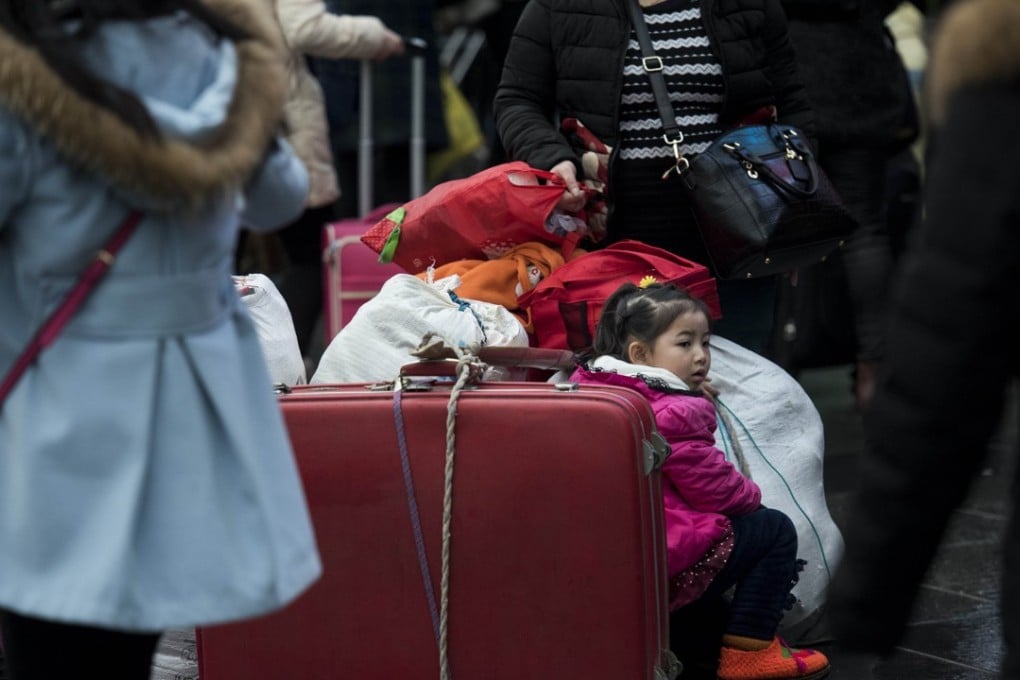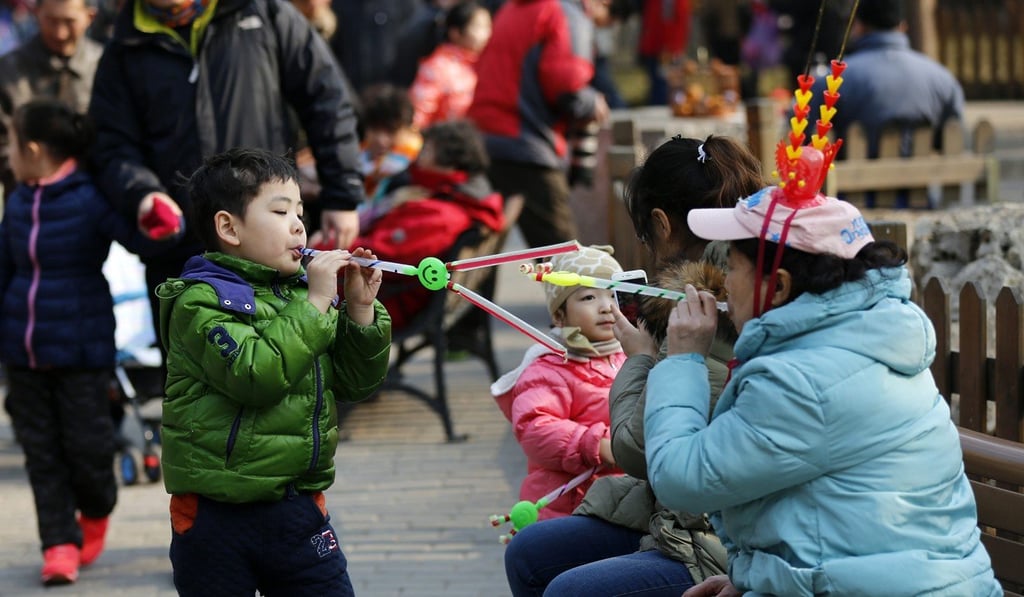How China’s two-child policy is giving Airbnb and its rivals a boost
Around 48 per cent of the estimated 710 million Chinese tourists travelling domestically during the Golden Week holiday will be going on a family holiday

A room with a clean comfy bed and a nice hot shower may sound like the perfect spot for tourists.
But to impress well-heeled mainland Chinese travellers, especially those with children in tow, this simple hospitality formula may no longer be enough.
Thanks to the surge in newborns resulting from China’s two-child policy, accommodation-sharing websites such as Airbnb are becoming increasingly popular, as they compete with traditional hotels to attract middle-class Chinese visitors during the country’s Golden Week holiday, which began on National Day on October 1.
“Rather than staying in standard hotel rooms, parents who travel with babies prefer to stay in homes,” said Chen Chi, chief executive officer of the Beijing-based Xiaozhu, an Airbnb-like business that offers rental properties equipped with everyday necessities for families ranging from cookware and cots, to changing tables and high chairs.

Family trips have become the major driving force of China’s booming travel market and around 48 per cent of the estimated 710 million Chinese tourists travelling domestically during the holiday will be going on a family holiday, according to a recent report jointly published by online travel website Ctrip and China’s Tourism Academy.